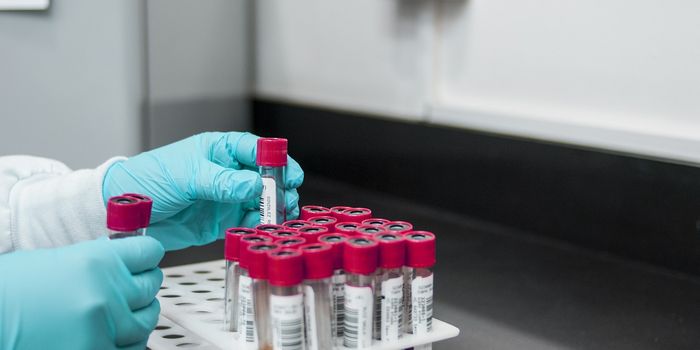Physical exercise could halve the risk of prostate cancer
New research suggests physical activity could act as a tool to prevent increased risk for prostate cancer. The research comes from scientists at the University of Bristol and Imperial College London in the United Kingdom and was published recently in the International Journal of Epidemiology.
The unique methodology of this study relied on Mendelian randomization, a technique that analyzes genetic variations to determine causal relationships between risk factors (such as lack of exercise) and certain outcomes (i.e. prostate cancer). Given that prostate cancer is the second most common cancer seen in men around the world, with approximately 174,650 new cases in the US just in 2019 (according to the National Cancer Institute), understanding the risk factors for this disease is imperative.
Gathering information from a database of the World Cancer Research Fund's (WCRF), the researchers analyzed the genetic variations of 79,148 participants with prostate cancer and 61,106 participants without cancer. They found that those people who had a genetic predisposition to be physically active showed a 51% lower risk of prostate cancer than people without this genetic composition.
"This study is the largest-ever of its kind, which uses a relatively new method that complements current observational research to discover what causes prostate cancer," explained study co-author Sarah Lewis, Ph.D. "It suggests that there could be a larger effect of physical activity on prostate cancer than previously thought, so it will hopefully encourage men to be more active."
Indeed, the conclusions from this study could have significant implications for future preventative programs, in addition to individuals’ lifestyles. "Up till now, there has only been limited evidence of the effect of physical activity on prostate cancer. This new study looked at the effect of 22 risk factors on prostate cancer, but the results for physical activity were the most striking," said Anna Diaz Font, head of research funding at WCRF. Ultimately, she says, this discovery, "will pave the way for even more research, where similar methods could be applied to other lifestyle factors, to help identify ways men can reduce their risk of prostate cancer."
Sources: International Journal of Epidemiology, Medical News Today









